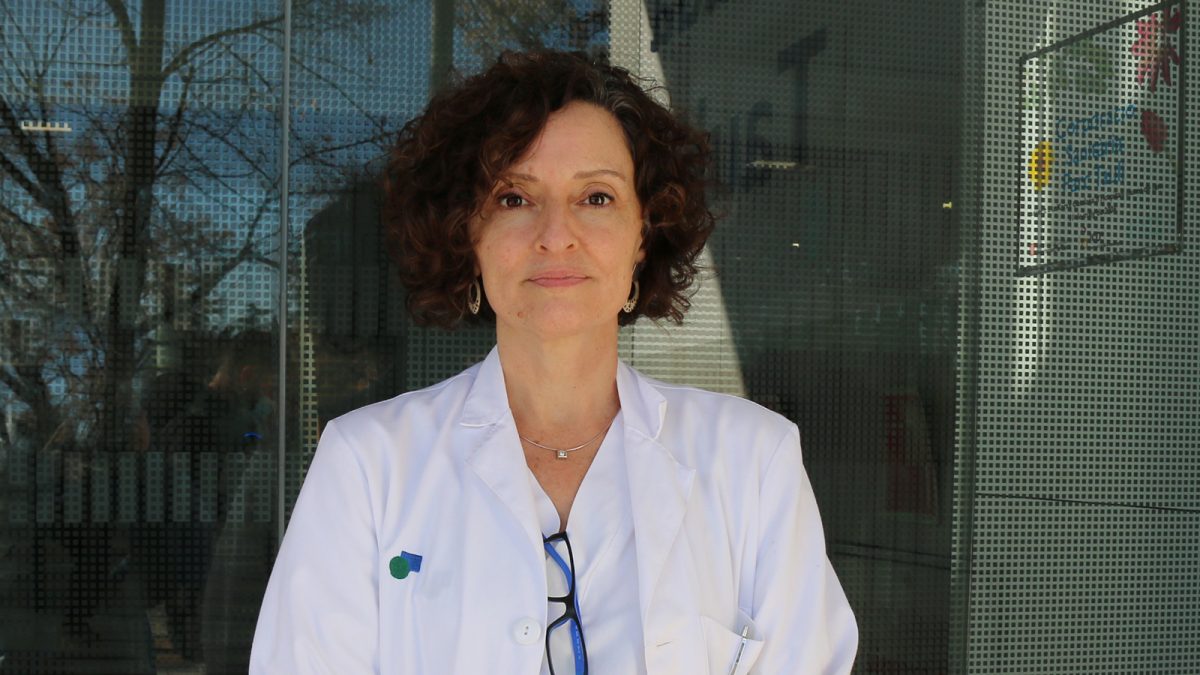
Parc Taulí participates in the HIVgila program with the aim of detecting infected patients not diagnosed with HIV from the Emergency Service
- Post Tags:
- HIV Program
- HIV - AIDS
- Posted In:
- News
- No Comments
Parc Taulí participates in the program HIV Emergencies of detection of HIV-infected patients in the emergency services, together with nine Catalan hospitals. The Hospital carries out an annual follow-up of 900 people with HIV infection. Throughout 2021, 44 new patients have been treated.
Parc Taulí is part of the program HIV Emergencies, a pilot program promoted by the Catalan Society of Emergency Medicine (SoCMUE), which aims to increase new HIV diagnoses in emergency services, and to encourage the active participation of these services in the diagnosis of infection.
HIV Emergencies started five months ago and is being developed over 12 months in 10 Catalan hospitals that update weekly the data of serologies performed in emergency rooms and their results. To date, a total of 12 cases have been detected, which are already in treatment.
Different strategies are used in the emergency services participating in this program to detect a possible diagnosis of HIV, depending on the cause of consultation. For example, people who are consulted for sexually transmitted diseases, those who are diagnosed with pneumonia, cases of enlarged lymph nodes, or simply people who come for post-exposure prophylaxis because they think they have had some risky sexual intercourse, they are offered to make the analytical determination to detect the HIV virus.
The director of the Infectious Diseases Service at Parc Taulí, Marta Navarro, points out that the aim is to mitigate situations of underdiagnosis or late diagnosis in the face of the fact that the HIV epidemic is still in force in Catalonia. Navarro estimates that in our area of reference "there could be about 300 undiagnosed people." The doctor considers that "sometimes there are people who have not been screened because they have simply had the false certainty that they have never been at risk of becoming infected."
About 900 HIV patients are currently being monitored at Parc Taulí. In the last year, 44 patients have come to our healthcare devices, which are new diagnoses derived from primary care or from the NGO ActuaVallès, or previous diagnoses derived from other centers. These are mostly men who have sex with other men, some of whom were born outside Spain and have difficulty accessing treatment in their countries of origin.
New era of antiretroviral treatments
In 1996, when triple therapy was introduced as the basis for HIV treatment, it marked a turning point in this disease by changing its natural history and improving the life expectancy of infected people. Combinations of three drugs have been the mainstay of treatment ever since, and dosage has been improved in many cases with the design of co-formulated tablets that allow one pill to be taken daily.
We currently have evidence that treatments based on two families of antiretrovirals are equally effective in controlling the virus, as they save potential drug-derived toxicities. This is an important point considering that antiretroviral treatment is currently being considered as a long-term treatment.
In addition to the treatment of the disease, it is necessary to mention the pre-exposure prophylaxis, PrEP for the acronym in English, which is the daily treatment with an anti-HIV drug that people receive seronegative but exposed to high risk of contracting HIV infection. , in order to reduce the chance of becoming infected with it. The Department of Health approved this program in November 2019 and currently, in Parc Taulí, we serve 124 people who benefit from it. You can request a visit directly through the website of the HIV-AIDS Unit of Parc Taulí.



Leave a Reply